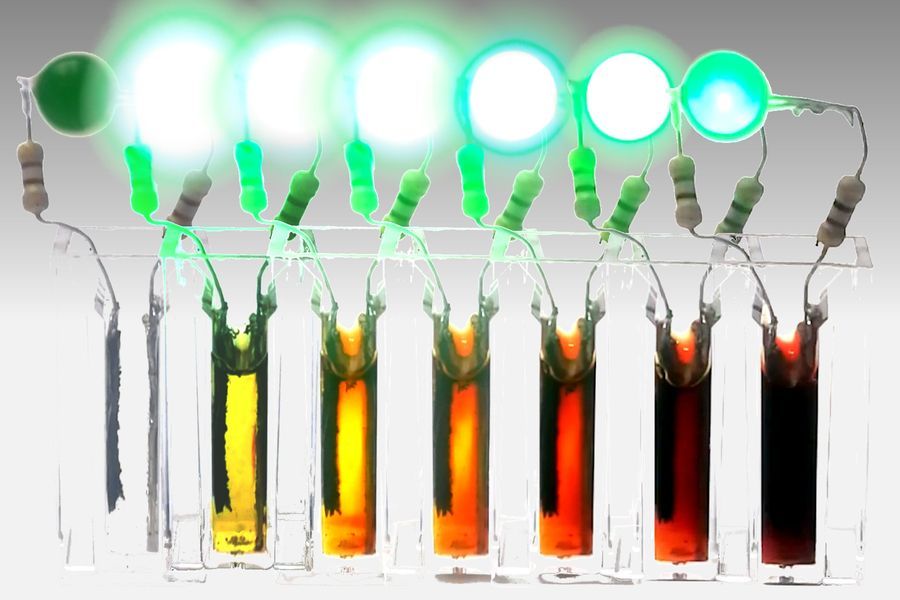
🔋 Batteries last 50 percent longer with new material
A new material might make it possible to not have to replace fixed batteries as often as is currently needed.
Share this story!
There has been a lot of research into rechargeable lithium-ion batteries, but when it comes to disposable batteries, such as those used in pacemakers, innovation has been worse. But now researchers from MIT in the US have made a discovery that could give us much better disposable batteries.
The researchers have used a new fluorinated material as the electrolyte in the battery. The new material can combine part of the function of both the cathode and the anode into something the researchers call a "catholyte".
In tests, the researchers have shown that batteries with the new electrolyte last 20 percent longer. But the researchers expect that they will be able to develop the technology and achieve up to a 50 percent longer lifespan.
That would entail that all products that use disposable batteries would work 50 percent longer before the batteries need to be replaced. That is practical for everything from drones to sensors, but the new batteries might do the most good in healthcare.
Pacemakers and other implants have disposable batteries. To replace them, a surgical procedure is required. The longer the battery lasts, the fewer operations are needed - something that both reduces the risk and improves the quality of life for those with pacemakers.
According to the researchers, the new batteries will be as safe as the existing ones and won't cost more than the current batteries. The manufacturing process is also the same, so no expensive investments in new production chains are required.

By becoming a premium supporter, you help in the creation and sharing of fact-based optimistic news all over the world.



